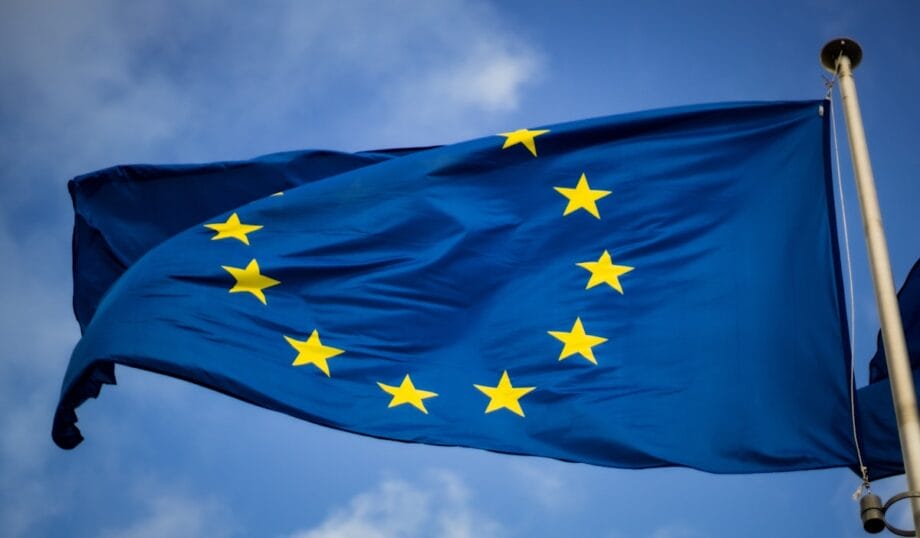LONDON –
European Union regulators have levied a staggering 2.95 billion euros ($3.5 billion) penalty against Google, citing violations of the bloc’s competition laws by favoring its proprietary digital advertising services. This reprimand marks the fourth time the tech giant has faced antitrust sanctions.
The European Commission, acting as the executive arm and principal antitrust watchdog for the 27-nation bloc, has mandated the American technology behemoth to cease its “self-preferencing practices.”
Furthermore, it has ordered the company to introduce measures that would eradicate any “conflicts of interest” throughout the advertising technology supply chain.
While prior threats of a potential breakup of the corporation lingered, EU regulators have opted, for now, to refrain from executing this drastic measure.
Google has criticized the decision as “erroneous,” indicating its intention to appeal. Lee-Anne Mulholland, the company’s global head of regulatory affairs, articulated that the ruling imposes an “unjustified fine,” asserting that it will adversely affect thousands of European businesses by complicating their revenue prospects.
This decision arrived more than two years subsequent to the European Commission’s initial antitrust charges against Google, a delay that many observers deem excessive.
During the original announcement, the Commission posited that the optimal resolution to alleviate antitrust apprehensions over Google’s lucrative digital advertising operations would necessitate a divestiture of certain business segments.
However, the latest ruling has only tangentially referred to potential divestment measures and has emerged amidst renewed tensions between Brussels and the Trump administration concerning trade, tariffs, and technology oversight.

Senior EU officials had intimated earlier that the Commission was advocating for a compelled sale due to its dissatisfaction with previous outcomes where fines and compliance mandates failed to prevent Google from perpetuating anti-competitive behaviors in altered forms.
This is the second occasion within a week that Google has evaded the specter of a breakup.
Meanwhile, in the United States, Google faces scrutiny from federal prosecutors urging the company to divest its Chrome browser after a judicial finding deemed it had established an illegal monopoly in online search.
On Tuesday, a U.S. federal judge affirmed Google’s monopoly status in online search, instigating a reevaluation of its search engine, but declined the government’s request to mandate the sale of its Chrome browser.
Nevertheless, the EU has signaled that the breakup option remains viable. Google has a 60-day window to present the Commission with proposals aimed at resolving its conflicts of interest; should the regulators express dissatisfaction, they will explore “appropriate remedies.”
The Commission has preliminarily suggested that divesting portions of Google’s services could serve as a potential remedy for the inherent conflicts of interest, although it wishes to engage with Google regarding its proposals first.
The imposition of this penalty follows a formal investigation initiated in June 2021, scrutinizing whether Google breached EU competition regulations by favoring its own online display advertising technology to the detriment of rival publishers and advertisers.
The investigation determined that Google “abused” its dominant market position within the ad-tech ecosystem.
Online display advertisements, typically comprising banners and text, are tailored based on a user’s digital footprint.
Mulholland contended, “There’s nothing anticompetitive in providing services for ad buyers and sellers, and there are more alternatives to our services than ever before.”
In addition to the ongoing scrutiny, Google faces challenges on multiple fronts.
In a related U.S. case, the Justice Department has sought judicial intervention to compel the sale of Google’s AdX business and DFP ad platform—crucial tools that drive similar allegations as those raised in the EU case, linking advertisers with publishers who offer ad space. This case is set to transition to the penalty phase, known as remedy hearings, in late September.
Additionally, authorities in Canada and Britain are intensifying their investigations into Google’s digital advertising operations.
Source link: Abcnews.go.com.






